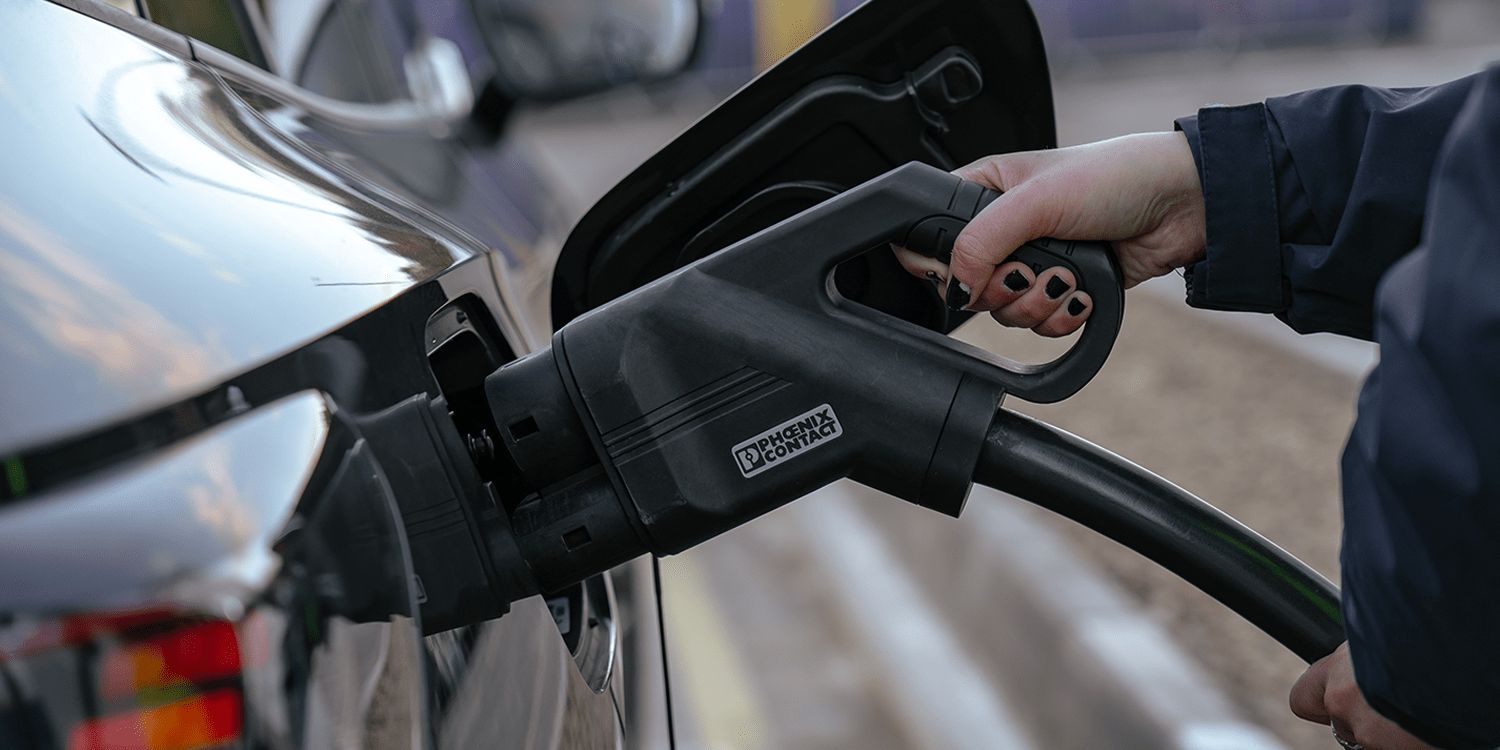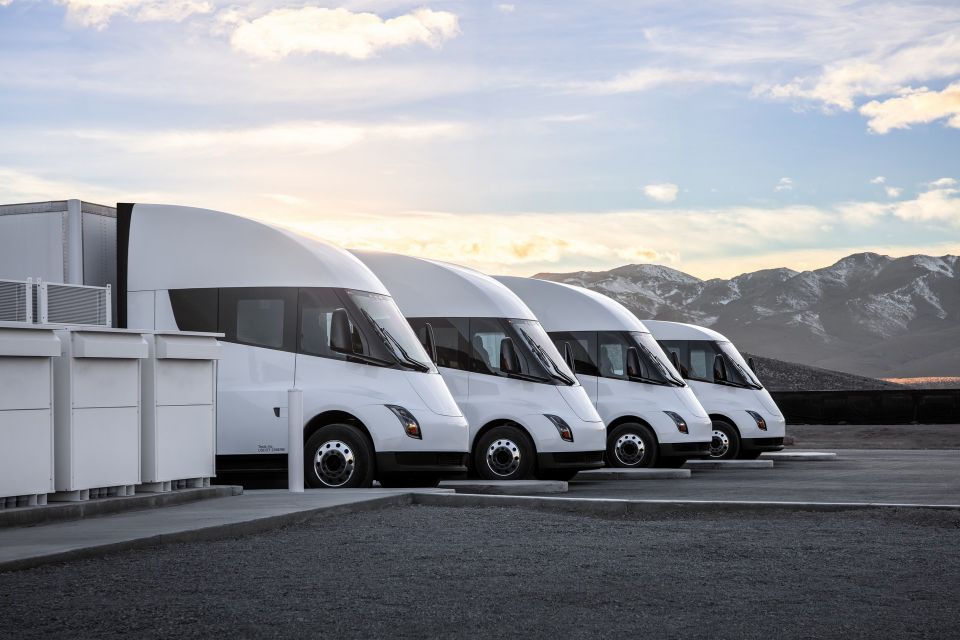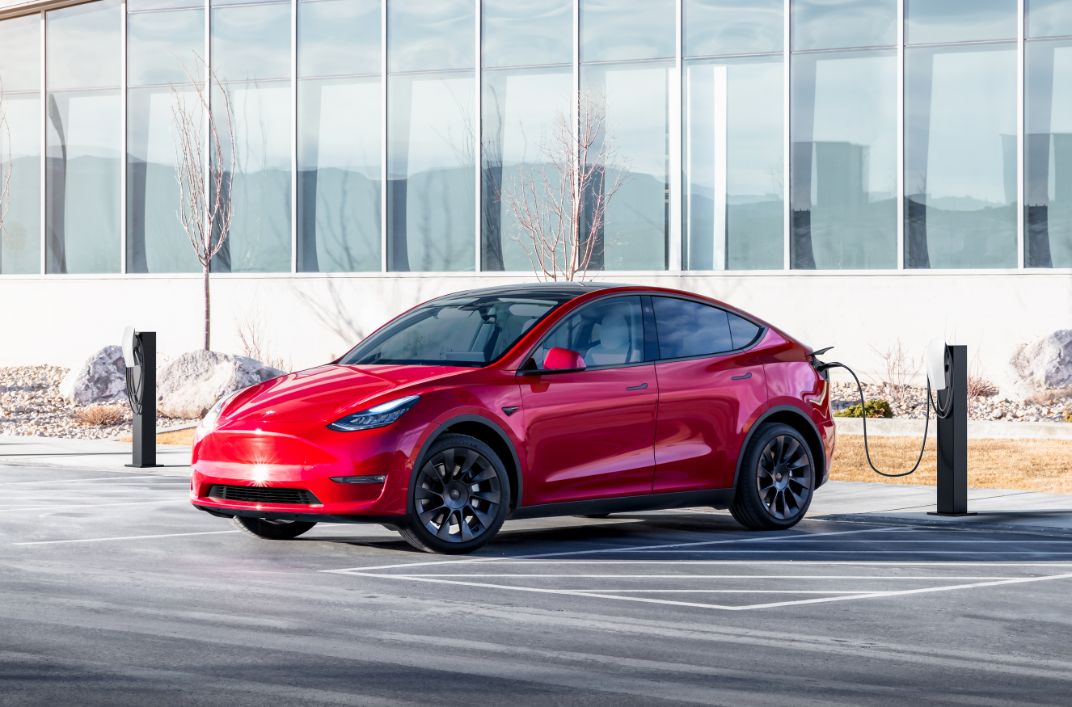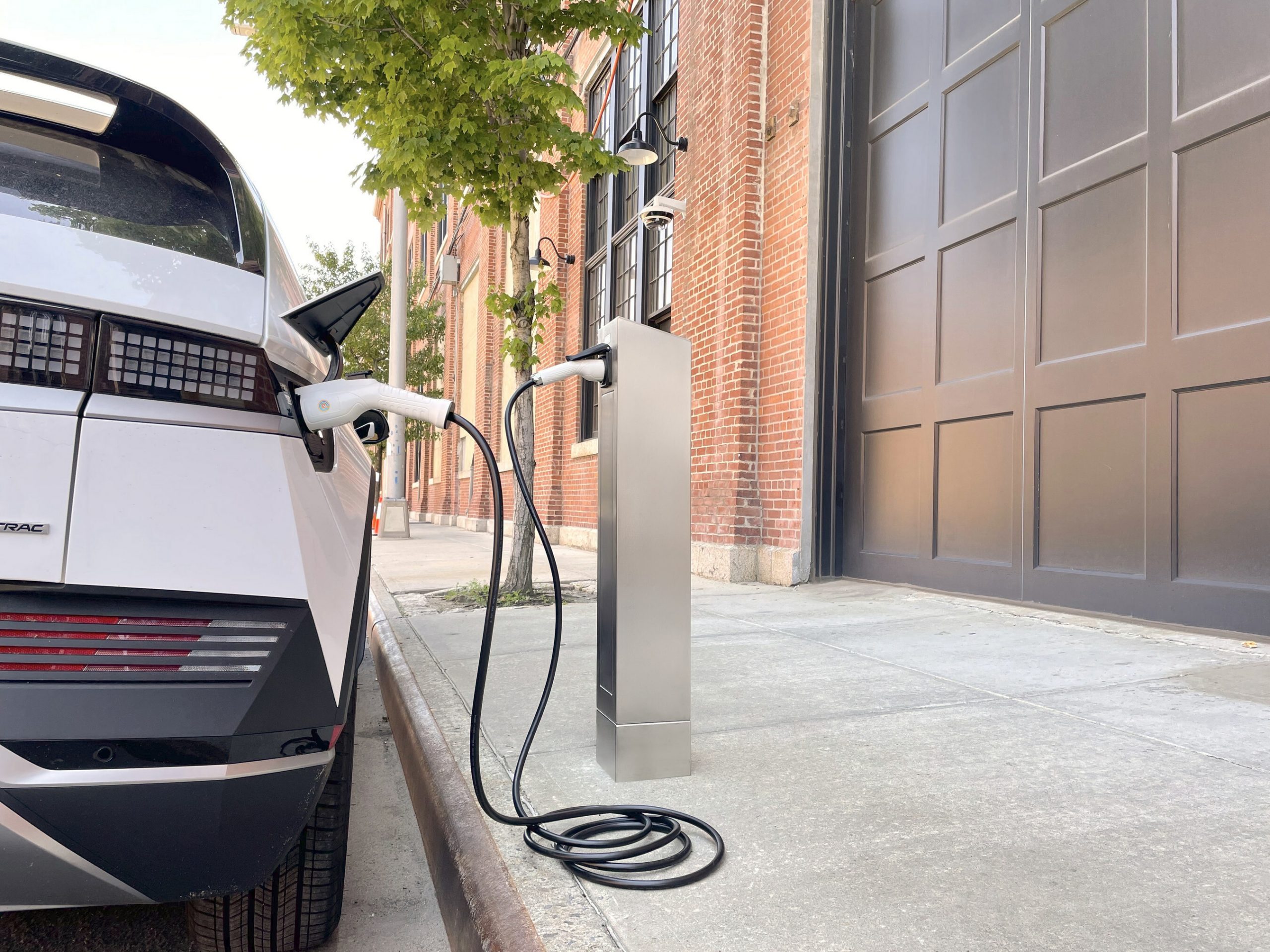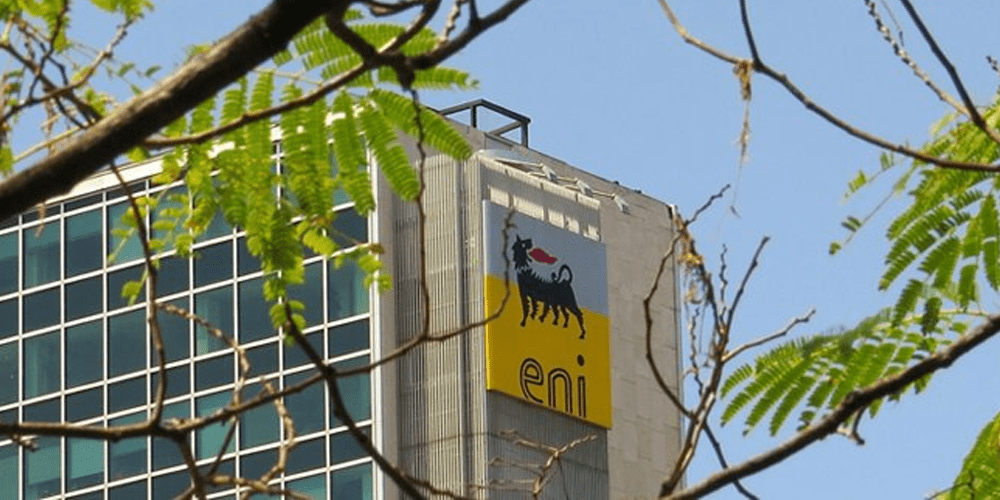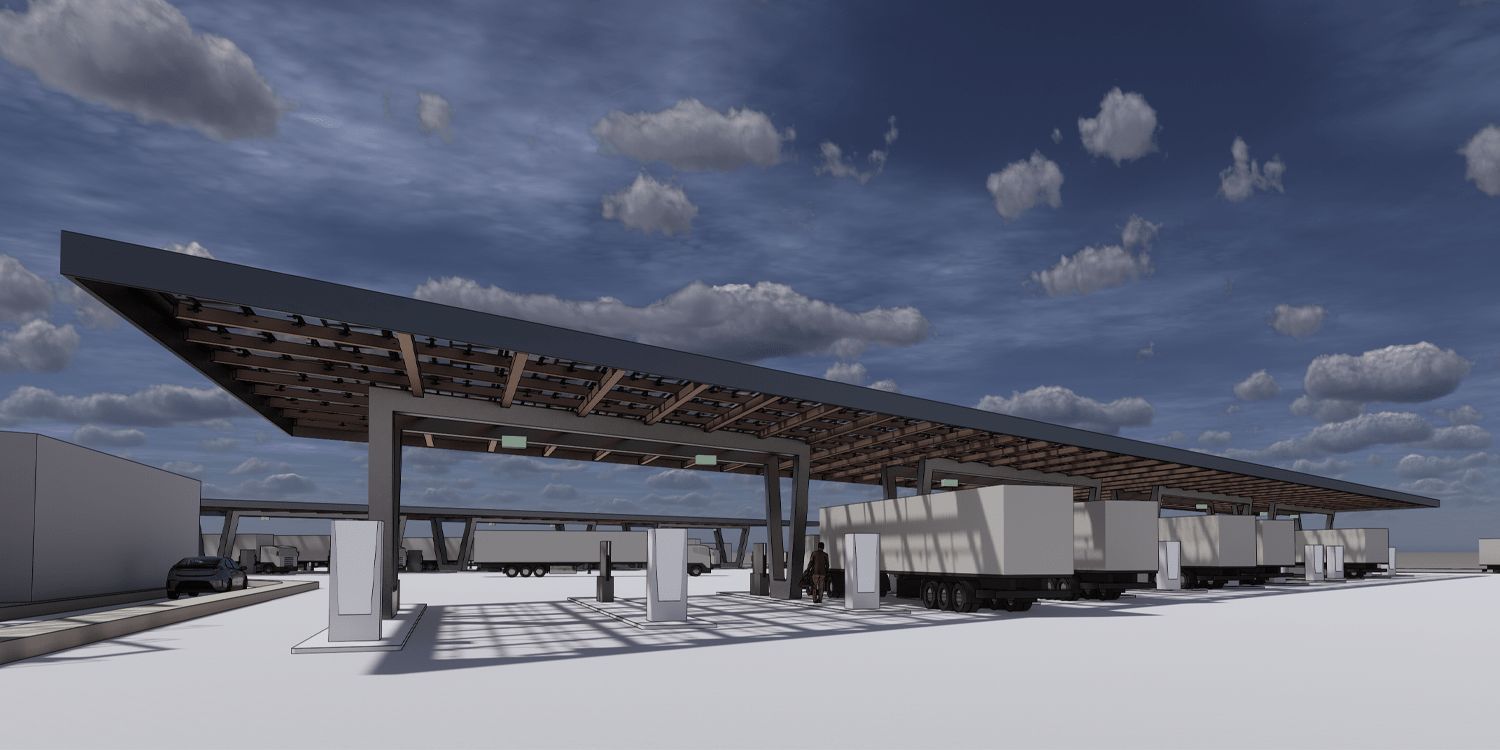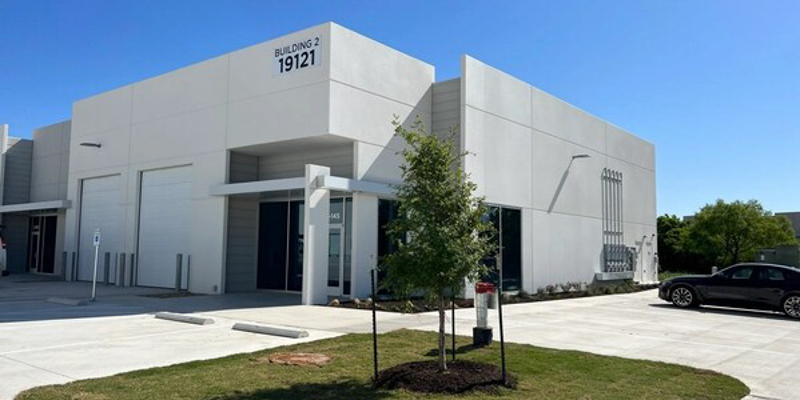Four Republican U.S. senators are calling for a reversal of the Biden administration’s decision to waive “Buy America” requirements for government-funded electric vehicle (EV) charging stations.
Senators Marco Rubio, Roger Marshall, Rick Scott, and Kevin Cramer expressed apprehensions about the Federal Highway Administration’s waiver of U.S. content requirements for steel, iron, and construction materials, citing concerns that American taxpayers might end up subsidizing Chinese-made products. Senator Rubio further voiced worries that such a move could potentially empower foreign adversaries, particularly China, in controlling the nation’s energy infrastructure.
The waiver, put forth by the agency in February, was aimed at facilitating the immediate acquisition and installation of EV chargers. Congress has allocated $7.5 billion to fund electric vehicle charging stations as part of the 2021 bipartisan infrastructure law.
According to the infrastructure law’s provisions, federal infrastructure projects, including EV chargers, are required to obtain a minimum of 55% of construction materials, such as iron and steel, from domestic sources and should be entirely manufactured within the United States. However, the 55% requirement is not set to take effect until July 2024. Additionally, the chargers must be assembled at U.S. factories.
EV chargers rely on iron and steel for critical components like the internal structural frame, heating and cooling fans, and the power transformer. In certain cases, chargers with cabinets that house the product necessitate even more steel, constituting up to 50% of the total cost.
One of the challenges highlighted by U.S. states and companies is the strain on the supply chain caused by the surging global demand for EV chargers. This increased demand has made it difficult, if not impossible, to adhere to the made-in-America standards while expediting the construction of new charging stations.
Earlier this year, the Kansas Department of Transportation informed the Biden administration that the existing capacity was insufficient to meet the rapidly expanding need for EV chargers. The department noted that wait times for some electrical components were already ranging from 60 to 80 weeks, even before considering the impact of the new federal funding.
As of now, the Federal Highway Administration has not issued a response to the senators’ request for reconsideration. The matter remains a subject of debate as policymakers aim to strike a balance between supporting American industries and ensuring the timely implementation of electric vehicle charging infrastructure.

